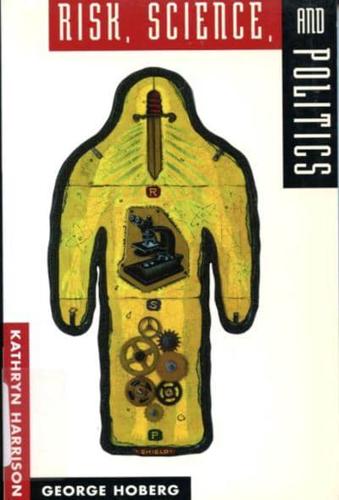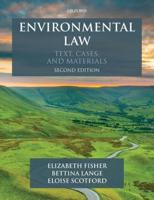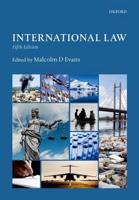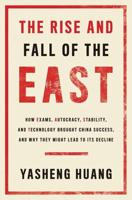Publisher's Synopsis
Paying particular attention to how politicians and bureaucrats in the two countries deal with the scientific uncertainty that pervades environmental decision making, Harrison and Hoberg analyse case studies of seven controversial substances suspected of causing cancer in humans: the pesticides Alar and alachlor, urea-formaldehyde foam insulation, radon gas, dioxin, saccharin, and asbestos. They weigh the strengths and weaknesses of each country's approach according to five criteria: stringency and timeliness of the regulatory decision, balancing of risks and benefits by decision makers, opportunities for public participation, and the interpretation of science in regulatory decision making. The Canadian approach is exemplified by closed decision making, case-by-case review that relies heavily on expert judgement, and limited public debate about the scientific basis of regulatory decisions. In contrast, regulatory science in the United States is characterized by publication of lengthy rationales for regulatory decisions, reliance on standardized procedures for risk assessment, and controversy surrounding the interpretation of scientific evidence.











